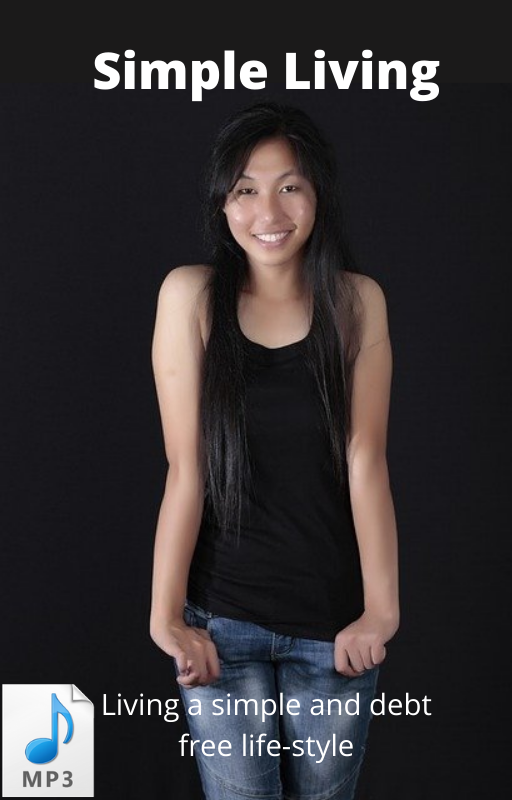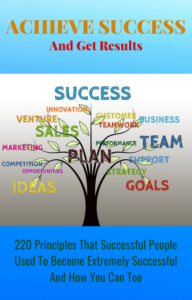Beyond our fundamental material needs for food, clothes, and shelter,
how much is sufficient?
Specifically, how much cash and what number of possessions do we actually have to have in order to feel as though we are free?
These will not be questions that many people ask themselves in consumer societies at present, but they are a number of the most important questions of all.
As a substitute of confronting these questions, too many individuals at the moment spend their complete lives desperately climbing the limitless ladder of consumerism, looking for increasingly higher revenue to spend on more and more stuff.
But when life comes to an end these individuals inevitably uncover that they’d not likely lived, that they’d wasted their only likelihood at life inside a mall. A free and meaningful life, it turns out, doesn’t truly depend on having all the newest consumer products or having the nicest home on the street.
On the other hand, working long hours just to ‘keep up with the Joneses’ leaves people with less time for the issues that really matter in life, like family, civic groups, and participating in peaceful artistic activities.
This is the stuff that makes life worth living, and the attention-grabbing factor is we do not have to be rich to get pleasure from it all.
One of the best things in life actually are free.
Abundance is a state of mind. Money is vital, of course, but only up to a point, and the edge point is far lower than most people imagine.
As soon as our basic material needs are achieved, the vast pursuit of money and material things merely distracts us from more meaningful and galvanizing things.
An ancient philosopher told us way back, “He who knows he has enough is rich”.
People who have enough however do not know it, are truly poor. Consumerism, it is clear, represents a mistaken concept of wealth, and it is based on a mistaken thought of freedom.


